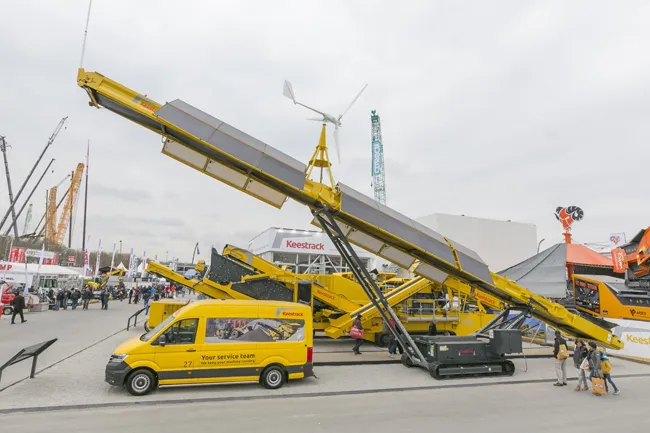Car manufacturers General Motors and Honda are now working jointly on developing fuel cell powered vehicles. The two companies have established a long term partnership that will encompass bot the fuel cell system as well as storage solutions for the hydrogen fuel and also refuelling infrastructure.
July 4, 2013
Read time: 1 min
Car manufacturers 4070 General Motors and 2288 Honda are now working jointly on developing fuel cell powered vehicles. The two companies have established a long term partnership that will encompass bot the fuel cell system as well as storage solutions for the hydrogen fuel and also refuelling infrastructure. The two companies are already leaders in the development of fuel cell systems and this partnership is expected to further cement their position. The companies claim that as long term automotive strategy, fuel cell vehicles provide the best and most efficient option with regard to range and refuelling times, while also delivering the low emission capabilities required. Fuel cell vehicles can be driven for up to 640km before requiring refuelling and filling the tank takes no longer than for a comparable diesel or petrol car. Meanwhile the only emissions from the tailpipe of a fuel cell vehicle are of water vapour. Hydrogen can be processed using renewable sources which would further reduce the environmental impact of this technology.









